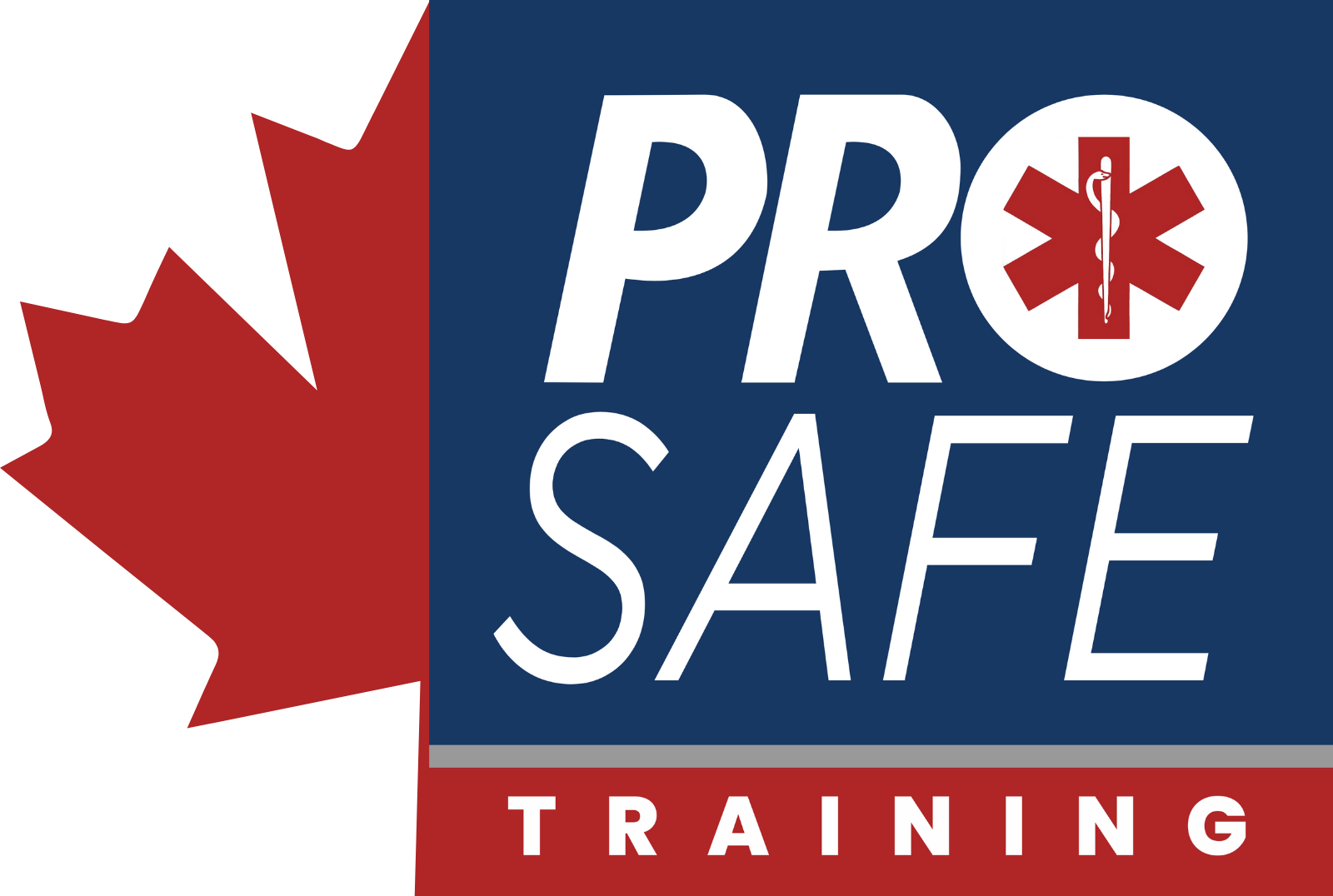Beyond Hand-Washing: Five Food Preparation Tips That You Should Know

The preparation and enjoyment of food is a universal set of traditions that knows no boundaries. Regardless of culture, epoch, or location, these sacred routines have the ability to bring people together in a fun (and nourishing) way.
Unfortunately, danger can lurk in this deceptively familiar territory. E.coli, Salmonella, Listeria, and thousands of other types of microscopic critters can potentially permeate our food – and digestive systems – in a destructive manner.
The World Health Organization speculates that one in ten people every year will suffer from the sicknesses that these bacteria bring as a result of food that has been improperly prepared. For this reason alone, the Canadian government makes it mandatory that at least one of any parties working with food carry their FoodSafe Level 1 Certification. The basics of mindful preparation and presentation are even taught within school curriculums.

While most of us are familiar with the principles of food safety – hand-washing, temperature checks, the list goes on – there are many additional nuances and procedures that should be followed to eliminate potential threats. Here are ten lesser-known tips that will help keep you and your dinner contaminant free:
1. Be Wary Of Testing: For those that aren’t aware, pathogens may release toxins into our food that do not alter its taste or smell. While many of us have grown up using the ‘smell test’, it is important to note that this may not quite cut it. Tasting food to see if it is still good is a simple mistake with costly consequences. If a product has moved on past it’s preferred consumption date, but does not produce any odors or poor taste, still consider arranging a spot for it in the compost bin.
2. Washing Meat: As tempting as it may be to flush the raw juices off of your freshly bought chicken, don’t do it. Water from your tap can easily splash off the meat, spreading germs all over the sink, faucet, and surrounding counters.

3. Raw Dough Is A No: While raw cookie dough may provide you with a delightful and nostalgic burst of sweetness, it can also increase your risk of contracting salmonella. This variety of bacteria thrives in raw eggs, which are generally primary ingredients in the dough-making process. Your sweet tooth can lead you to a hospital stay, so do your best to practice self-control in the presence of such temptation.
4. Replace Your Supplies: Unsurprisingly, the sponges and rags that you use to clean your kitchen are among some of the dirtiest items in your house. Though this may seem glaringly obvious, many people neglect to clean or replace them. Keep tabs on the sponges you use, and try to swap them out every week or two. As for your dish-rags, consider throwing them in the washing machine on a similar schedule.
5. Watch Your Marinade: Marinating your meats is a phenomenal way to bring bursts of flavor to any dish. Watch where, and how you use these succulent concoctions – meat should never be left to marinate on the counter, and should never be re-used for a new dish.

If you are marinating inside your fridge, ensure that your food is protected within an airtight container or bag. Bacteria are very capable of surviving a refrigerator’s cold conditions – some, such as listeria monocytogenes, actually thrive when the temperature drops (intriguingly, they can survive without oxygen as well).
As one of the Lower Mainland’s premier providers of FoodSafe Level 1 courses, the ProSafe team is committed towards keeping our communities safe. Food is one of the most important pieces of our collective routines, a fact which cements the importance of following safety protocols during its serving and preparation. FoodSafe is a skill that everyone should know – sign up today and learn more about keeping food poisoning out of your life.
